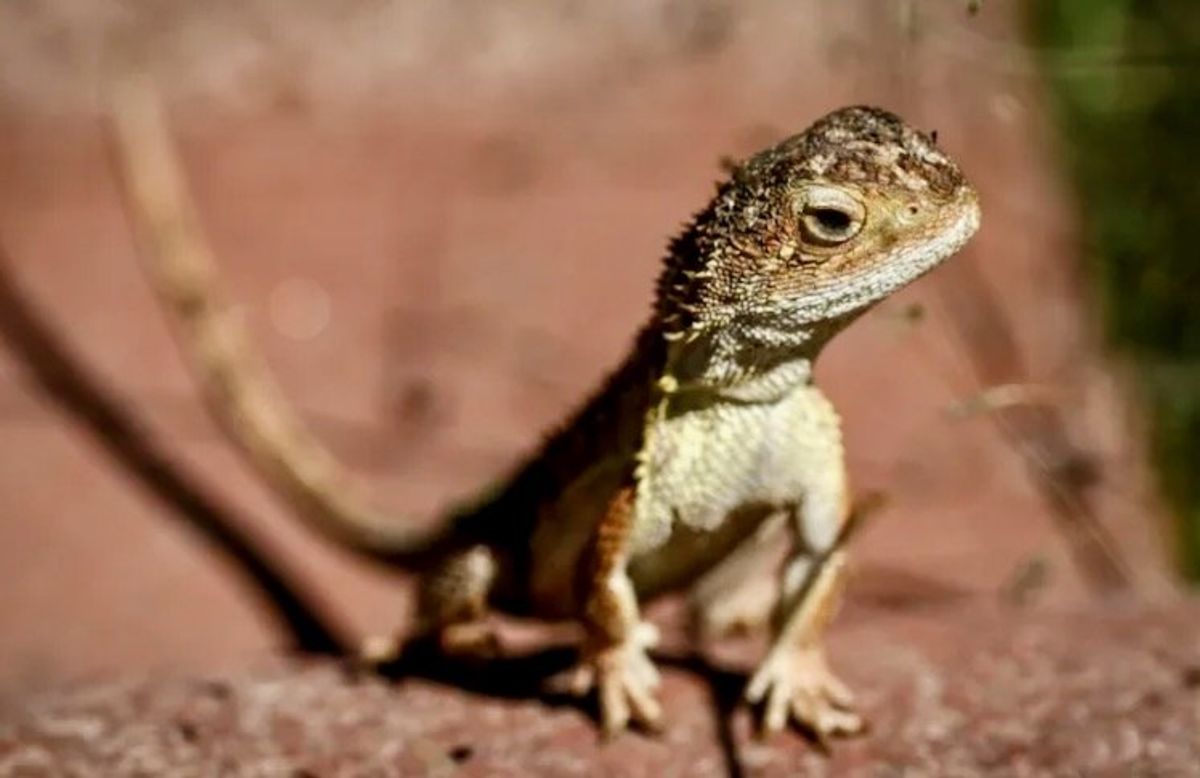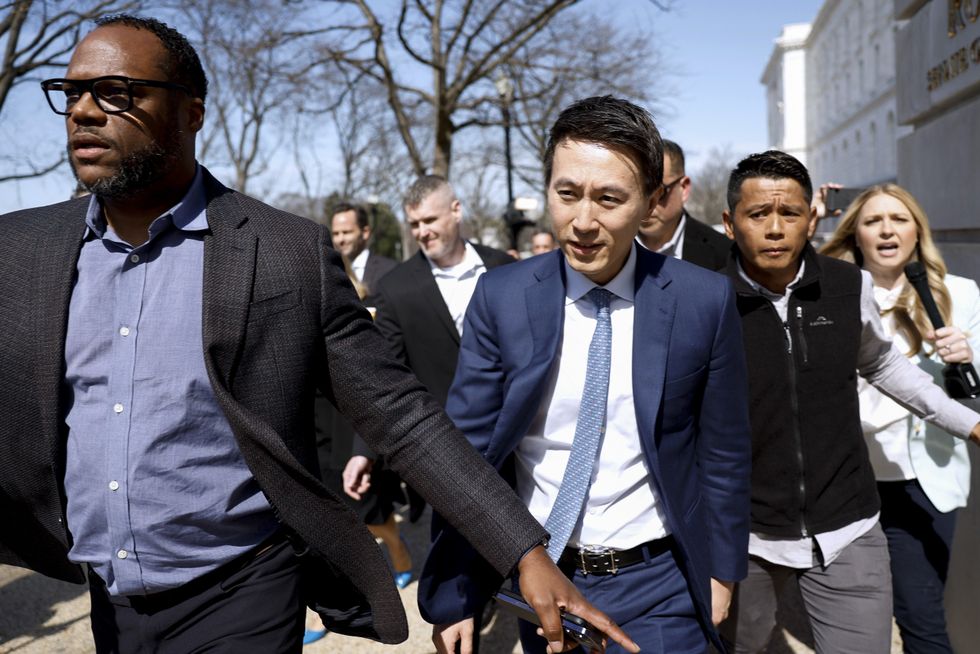dpa
2024/03/24

2024/03/24

Co-leader of the far-right Alternative for Germany (AfD) party Alice Weidel speaks during an interview in her office in the German Bundestag. The co-leader of the far-right Alternative for Germany (AfD) defended her party's stance toward Russia in a weekend interview with dpa, denying allegations that AfD politicians are too cozy with the Kremlin.
Michael Kappeler/dpa
The co-leader of the far-right Alternative for Germany (AfD) defended her party's stance toward Russia in a weekend interview with dpa, denying allegations that AfD politicians are too cozy with the Kremlin.
"It is simply important to me that a very balanced view of things is not confused with an alleged closeness to Russian President Vladimir Putin," Alice Weidel told dpa.
Weidel, however, argued that the German government must strike more "balance" in its relationship with Russia and Ukraine.
Russia launched a bloody full-scale invasion of Ukraine in February 2022, and the German government has been supplying the Ukrainian side with weapons and other aid.
"The glorification of one warring party and the demonization of the other side will not lead us to a solution," Weidel said.
An AfD politician in the state parliament of Saxony-Anhalt, Hans-Thomas Tillschneider, drew criticism several days ago after congratulating Putin on his re-election. Tillschneider praised Putin for having "ensured stability and prosperity in Russia" in recent years.
Weidel's co-chair of the AfD, Tino Chrupalla, attended a reception at the Russian embassy last May despite the Russian war against Ukraine.
When asked whether she was happy that the opposition in Germany was not treated in the same way as in Russia, Weidel replied: "I don't want to judge that because it's a domestic issue."
But she complained about how her party is treated in Germany, including that AfD lawmakers have been excluded from sensitive oversight committees that monitor Germany's intelligence services.
Germany's BfV domestic intelligence service is currently investigating the AfD as a suspected far-right extremist group.
Many Russian opposition politicians and Kremlin critics have been jailed, driven into exile or threatened with harsh punishments for speaking against the regime. Putin faced no genuine opponents in his re-election campaign.

The co-leader of the far-right Alternative for Germany (AfD) defended her party's stance toward Russia in a weekend interview with dpa, denying allegations that AfD politicians are too cozy with the Kremlin.
"It is simply important to me that a very balanced view of things is not confused with an alleged closeness to Russian President Vladimir Putin," Alice Weidel told dpa.
Weidel, however, argued that the German government must strike more "balance" in its relationship with Russia and Ukraine.
Russia launched a bloody full-scale invasion of Ukraine in February 2022, and the German government has been supplying the Ukrainian side with weapons and other aid.
"The glorification of one warring party and the demonization of the other side will not lead us to a solution," Weidel said.
An AfD politician in the state parliament of Saxony-Anhalt, Hans-Thomas Tillschneider, drew criticism several days ago after congratulating Putin on his re-election. Tillschneider praised Putin for having "ensured stability and prosperity in Russia" in recent years.
Weidel's co-chair of the AfD, Tino Chrupalla, attended a reception at the Russian embassy last May despite the Russian war against Ukraine.
When asked whether she was happy that the opposition in Germany was not treated in the same way as in Russia, Weidel replied: "I don't want to judge that because it's a domestic issue."
But she complained about how her party is treated in Germany, including that AfD lawmakers have been excluded from sensitive oversight committees that monitor Germany's intelligence services.
Germany's BfV domestic intelligence service is currently investigating the AfD as a suspected far-right extremist group.
Many Russian opposition politicians and Kremlin critics have been jailed, driven into exile or threatened with harsh punishments for speaking against the regime. Putin faced no genuine opponents in his re-election campaign.

Co-leader of the far-right Alternative for Germany (AfD) party Alice Weidel speaks during an interview in her office in the German Bundestag. The co-leader of the far-right Alternative for Germany (AfD) defended her party's stance toward Russia in a weekend interview with dpa, denying allegations that AfD politicians are too cozy with the Kremlin.
Michael Kappeler/dpa













